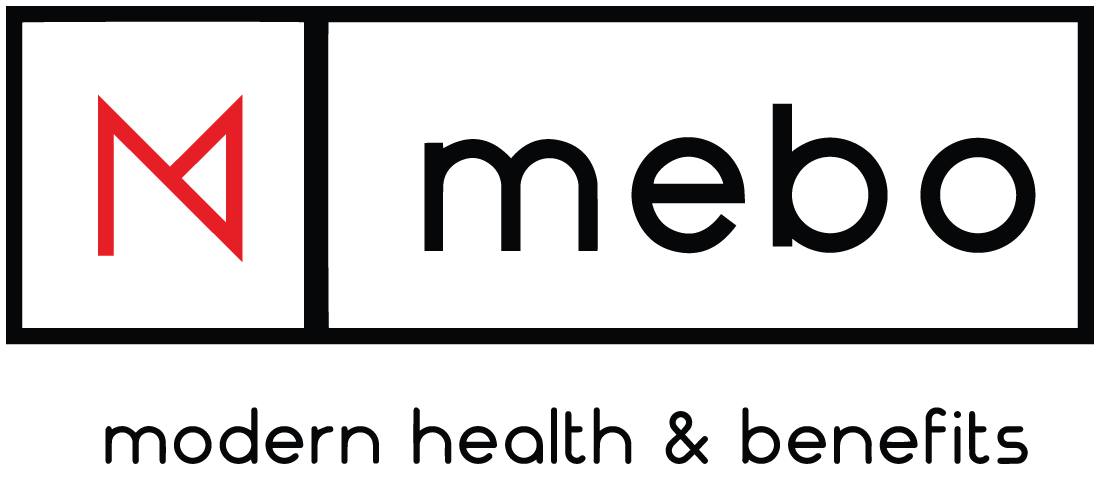Increase Employee Satisfaction with These Affordable Benefits
Employees today care more about benefits than ever before. A recent study by the Society for Human Resource Management (SHRM) found that 92% of employees believe that benefits are important to overall job satisfaction. Companies that offer benefits like health insurance and retirement accounts are more likely to attract and retain employees. In fact, according to a recent study by Jobvite, a leading recruiting software provider, more than half of recruiters list medical and dental coverage and a 401K plan as the most effective benefits for attracting employees.
While most companies already understand the top benefits of offering health insurance, offering additional benefits could help employers maintain a competitive edge. These additional perks cost employers very little, but provide significant benefits to employee satisfaction.
Wellness Programs
Perhaps one of the most popular and affordable modern benefits, wellness activities and programs improve productivity, reduce the number of sick days, and help employees develop healthy habits that last a lifetime. Adding wellness activities doesn’t have to take a lot of time or effort. Many companies encourage group walks at lunchtime or offer yoga classes in the morning. Even companies that have not returned to the office can promote wellness activities. Groups can meet and track their progress through apps or social media. Some companies even organize fitness challenges, where employees compete against each other for a prize.
Snacks
Many companies now offer employees free meals or snacks throughout the day. This small investment could have a major impact on the way employees view their work and engage with others. Offering free snacks to employees increases job satisfaction and may make employees more productive.
Casual Dress Code
An increasing number of companies are letting go of their professional dress code in favor of more casual styles. This employee perk costs employers nothing. Casual work attire can put employees at ease which can make them more relaxed, creative, and productive. According to a recent study, more than one-third of job seekers expect employers to allow a casual dress code.
Signing Bonus
Although a signing bonus isn’t necessary, recruiters agree it’s an effective benefit. Offering a signing bonus may make it easier for candidates to accept a job offer.
Employee Benefit Specialists
MEBO offers employee benefit packages, custom tailored to the needs of each organization we work with. Our team of benefits specialists works directly with employers to analyze their needs and develop a comprehensive solution. Please contact us to schedule a consultation.



